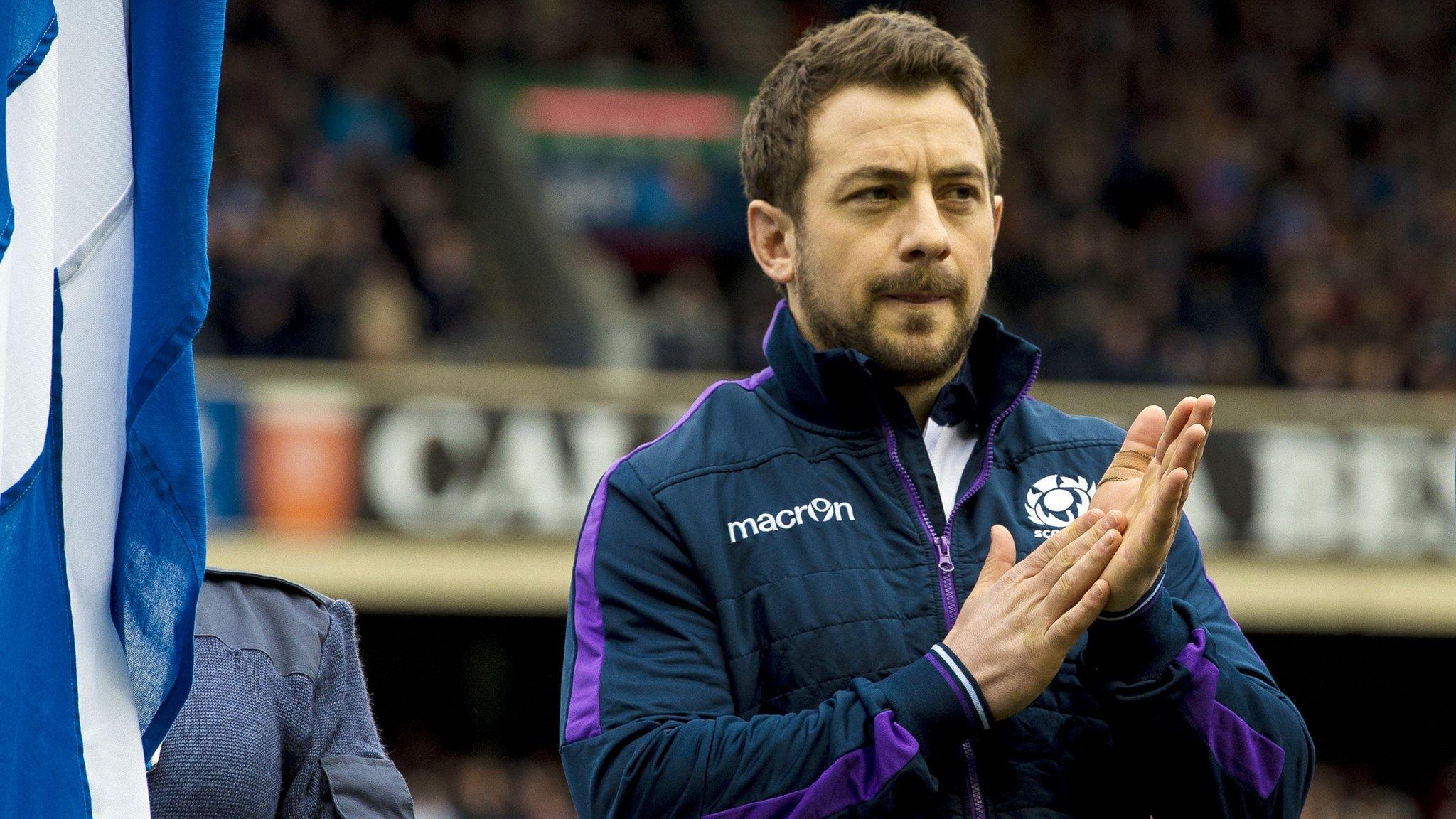Malky Mackay aiming to prove managerial prowess all over again
- Published
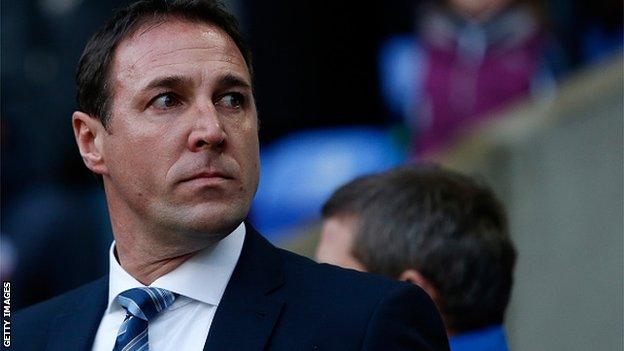
Malky Mackay has been out of work since he was sacked by Wigan in April 2015
Malky Mackay has been touring Europe and beyond. There were stops in San Sebastián, Liverpool, Manchester, Bavaria, San Diego, Hereford, London and, then, a brief visit to Glasgow.
He was invited to Sunday's Scottish League Cup final at Hampden, mixing with a number of football guests, including David Moyes, Alex Neil, and Gary Caldwell. Mackay built his managerial career in England, but Scotland remains an important part of his identity.
He wants to return to management, to the "sharp end" of the game. There have been offers, too, from north and south of the border. Mackay wants to work at a club that has a "good, sensible plan" for its future, but is also conscious that his departure from Cardiff City and the revelation of inappropriate text messages with the club's former sporting director Iain Moody has left its mark on his reputation.
That is the background to his spell of "re-educating" himself. He voluntarily underwent equality and diversity training, as well as spending time writing a detailed document of how he would manage a club - a leather-bound copy would be part of his approach to landing a job.
So where would Mackay like to return to management? He will not set any restrictions, although he does admit that the dream job would be at Celtic.
"I'm an ex-Celtic player, I'm an eastender, I lived in Baillieston, so it's 10 minutes from the club. I know the fabric of the football club and know the history," Mackay said.
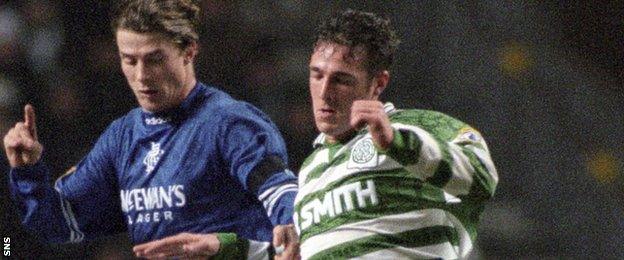
Mackay spent five years with Celtic between 1993 and 1998
"Of course it is [the dream job], it's a fabulous club. Why would Celtic and Rangers not be the two jobs in Scottish football that a Scotsman would want?
"But I'm loathed to talk about specific clubs, particularly when managers are in place, because it happened to me. It's not nice when you hear vultures touting for your job - that has a lack of class.
"If getting back in was [solely] the case, I would have done that in the last 18 months, five or six times. It's got to be something you think is the environment you want to work in.
"It's about me wanting to prove myself again, picking myself up and putting my proposal in front of a board of directors or an owner: 'this is how I run a football club, the training ground, recruitment, the year's training plan - the daily, weekly monthly schedule'.
"It would be about who I'm working with. Is it someone you think has a good, sensible plan for the football club? Is that a base that you think you can work from? Otherwise, you're in and out of football again."
Mackay spent nine months out of the game after details emerged of text messages with Moody that contained discriminatory language. Mackay accepts his mistake, while pointing out that of thousands of text messages, he was involved in three.
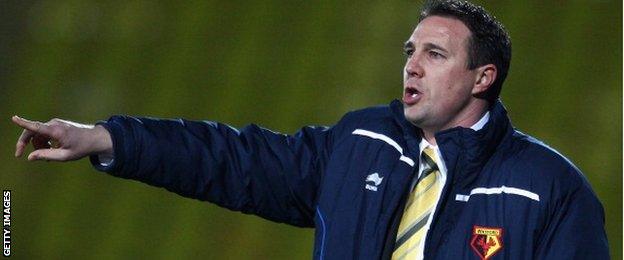
Mackay was given his first managerial role at Watford in 2009 when he replaced Brendan Rodgers
The Football Association launched an investigation and released a statement last year that revealing that no disciplinary action would be taken against Mackay and Moody. The FA added that the investigation has been lengthened "due to serious concerns about the circumstances in which particular evidence had been given and the reliability and completeness of that evidence".
The further inquiries involved "liaison with external law enforcement agencies". Mackay feels exonerated, with the investigation also concluding that neither he nor Moody acted in a discriminatory manner during their time at Cardiff.
"You make mistakes, things you say that you shouldn't. It was the wrong thing," Mackay says.
"The FA have put a statement out, and they decided that there were other avenues they needed to investigate. I would say to people, read that, read it again, and read it for a third time.
"Everyone has problems and life and it's about what you do about it. It's working hard.
"It's not that all of a sudden you lack talent, it's about belief in your own ability and making yourself better. You could sit in a hole and be bitter your whole life.
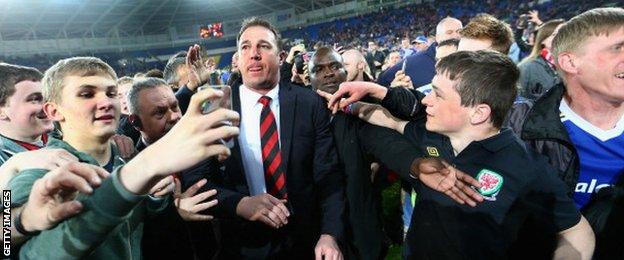
Mackay led Cardiff City to promotion to the English Premier League in 2013
"I've gone on from that now and I've put that time behind me. I've had good people around me and strong backers in football. You learn from experiences."
Mackay spent time with Moyes at Real Sociedad, Brendan Rodgers at Liverpool, Tony Strudwick - who developed Manchester United's sports science approach to injury prevention - and a spell at Inglostadt, the Bundesliga club.
The SAS also invited him to their training base at Hereford, where he previously took his Cardiff players and coaches to talk about crisis management in football, and he visited the San Diego Chargers' training ground. In London, he spent time with Ray Kelvin, a friend and the owner of the retailer Ted Baker, to talk about management.
Mackay has offered his own counsel, too, speaking regularly to his friend and former Watford colleague, Mark Warburton, who he believes will cope with the challenge of his first Old Firm game as Rangers manager next month.
"He's a good man. Mark came up the hard way and decided one day to give himself a two-year-plan to leave this job and [follow] dream of being involved in football," Mackay said.
"We became good friends. I saw there was a passion to be involved in football, but I saw the way he wanted to play, the way he dealt with people, the respect he had for people."
- Published15 March 2016
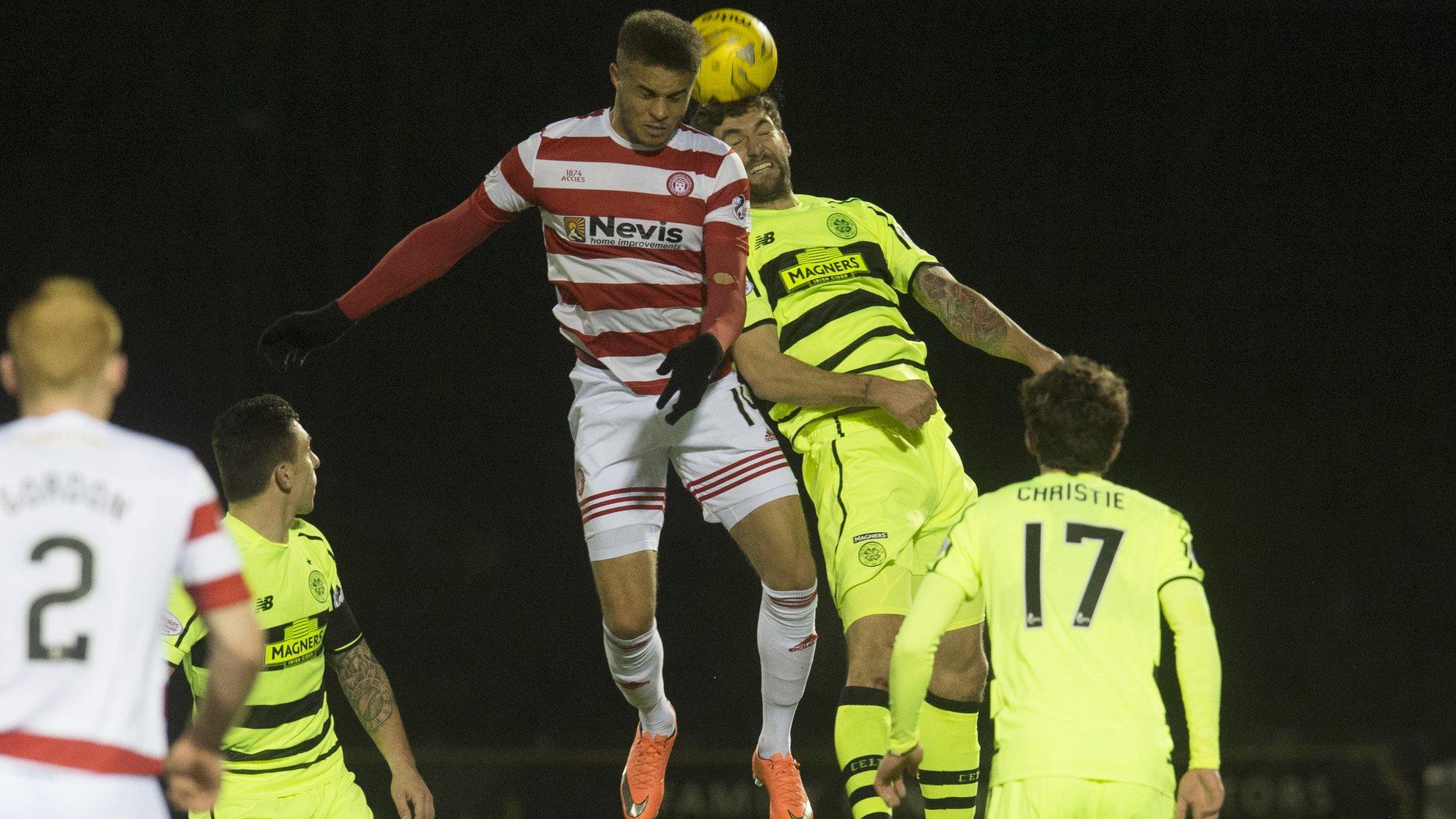
- Published15 March 2016
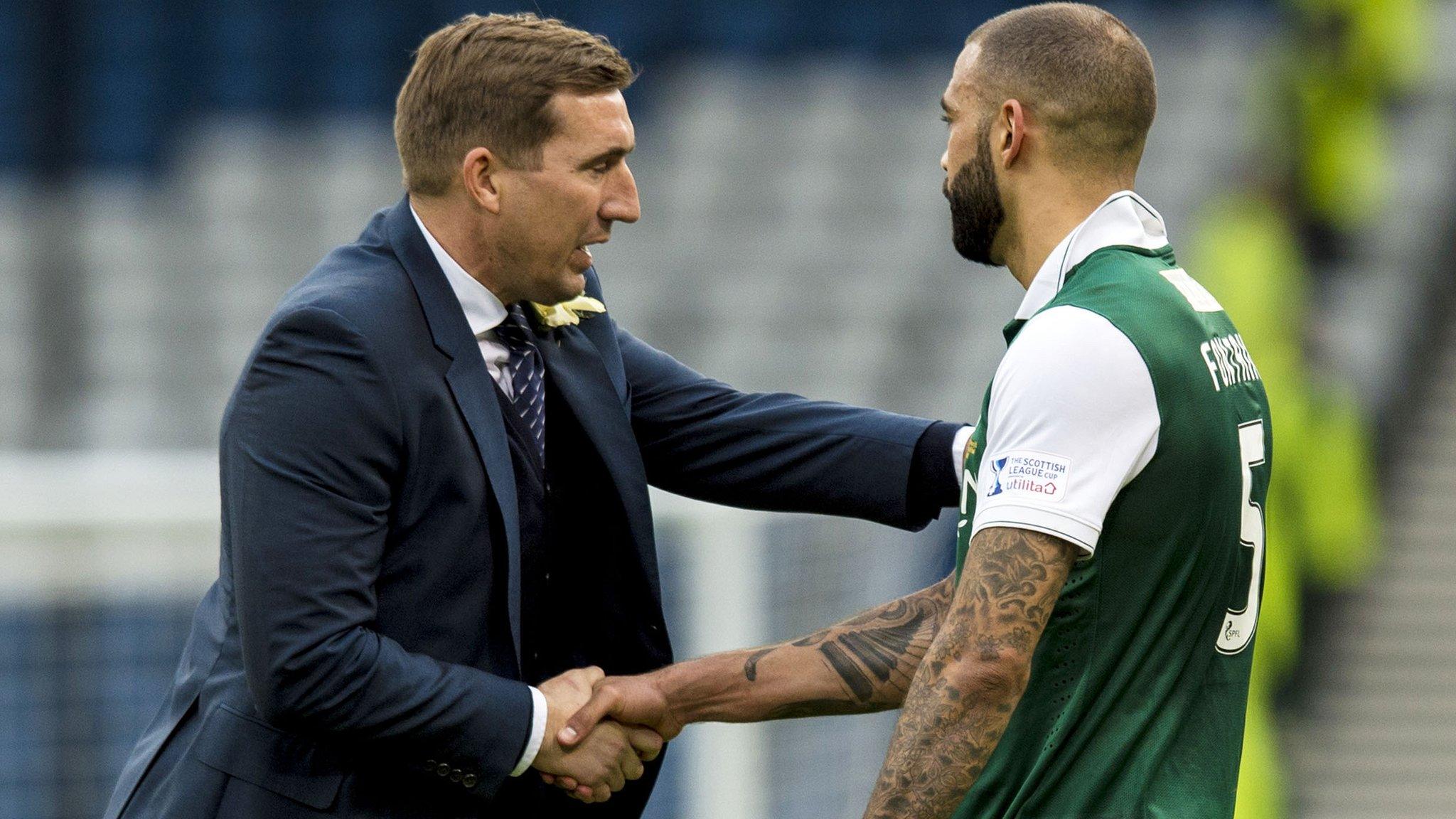
- Published15 March 2016
